Studying effectively is crucial for academic success and personal growth. Understanding how to study efficiently can save time, reduce stress, and improve your performance in school. Many students struggle with finding the right techniques that work best for them, often asking themselves, “How can I study better?” By exploring various strategies and how to study tips, you can transform your study habits and achieve your goals.
In this blog, we will delve into the importance of effective studying and provide actionable advice on how to study effectively. We will begin by understanding what effective studying entails and the benefits it brings. Next, we will share 3 secret study tips that can significantly enhance your learning experience. We will also cover strategies on how to study for exams, ensuring you are well-prepared and confident. Additionally, we will discuss the challenges and solutions for studying at home and provide insights on how to study for long hours without losing focus. Finally, we will explore specific study techniques for students, with a focus on the math subject, and answer frequently asked questions about studying smartly.
By the end of this blog, you will have a comprehensive understanding of how to study effectively and the tools to implement these strategies in your own routine. Whether you are a high school student or preparing for competitive exams, these tips will help you maximize your study sessions and achieve academic success.
Understanding Effective Studying
Effective studying is not just about the amount of time you spend with your books but about how well you use that time to understand and retain information. Knowing how to study effectively involves employing various study techniques for students that enhance learning and memory.
What Effective Studying Entails
Effective studying means using strategies that help you learn more in less time. It involves active engagement with the material, understanding concepts deeply rather than memorizing facts, and applying knowledge to different contexts. This approach not only improves retention but also fosters critical thinking and problem-solving skills.
Benefits of Studying Effectively
Studying effectively has numerous benefits:
- Improved Retention: Effective techniques help in better memory retention, ensuring you remember information for longer periods.
- Better Performance: With a deeper understanding of the material, you are likely to perform better in exams and assignments.
- Reduced Stress: Efficient studying reduces the need for last-minute cramming, lowering stress and anxiety levels.
- More Free Time: By studying smartly, you can free up more time for other activities, creating a balanced lifestyle.
Examples of Effective Study Techniques
- Active Learning Active learning involves engaging with the material through questioning, discussion, and application. Instead of passively reading, actively engage with the content by summarizing information in your own words, asking questions, and teaching the material to someone else.
- Spaced Repetition Spaced repetition is a technique where you review the material at increasing intervals over time. This method leverages the psychological spacing effect, helping to reinforce long-term memory. Tools like flashcards and spaced repetition apps can be very effective.
- Mind Mapping Mind mapping is a visual study technique that helps in organizing information hierarchically. By creating a visual diagram that connects different concepts, you can see the relationships between ideas and improve your understanding and recall.
- Pomodoro Technique The Pomodoro Technique involves breaking study sessions into intervals, typically 25 minutes of focused work followed by a 5-minute break. This helps maintain concentration and prevents burnout, making your study sessions more productive.
- Practice Testing Regular self-testing or practice exams can significantly improve your retention and understanding. This technique helps identify areas where you need more focus and reinforces learning through recall.
By incorporating these study techniques and understanding how to study effectively, you can transform your academic performance. These methods are not only beneficial for mastering content but also for developing a more efficient and enjoyable study routine.
Secret Study Tips
Unlocking the full potential of your study sessions often requires a few strategic adjustments. Here are 3 secret study tips that are lesser-known but highly effective in enhancing your learning experience. These tips on how to study can be seamlessly integrated into your routine to make studying more efficient and enjoyable.
1. The Feynman Technique
One of the most effective yet underrated study tips is the Feynman Technique. Named after the renowned physicist Richard Feynman, this method involves teaching a concept in simple terms as if you were explaining it to a child.
How to Implement:
- Choose a topic you are studying and write down everything you know about it.
- Explain the concept in simple language, avoiding jargon.
- Identify any gaps in your understanding and go back to the source material to fill those gaps.
- Repeat the process until you can explain the concept clearly and concisely.
This technique forces you to understand the material deeply and identify any areas where your understanding is lacking.
2. The Leitner System
The Leitner System is a highly effective spaced repetition technique using flashcards to improve memory retention. It leverages the principle of reviewing information at increasing intervals to enhance long-term recall.
How to Implement:
- Create flashcards with questions on one side and answers on the other.
- Sort the flashcards into three boxes: daily, weekly, and monthly reviews.
- Review the daily box cards every day, the weekly box cards once a week, and the monthly box cards once a month.
- If you answer a card correctly, move it to the next box. If you answer incorrectly, move it back to the previous box.
This method ensures that you spend more time reviewing challenging material and less time on concepts you already know well.
3. Interleaved Practice
Interleaved practice involves mixing different topics or subjects during study sessions instead of focusing on just one. This technique enhances learning by helping you make connections between concepts and improving problem-solving skills.
How to Implement:
- Identify several topics or subjects you need to study.
- Instead of dedicating a full session to one topic, alternate between them. For example, spend 20 minutes on math, then switch to history for 20 minutes, and then to science.
- Repeat this cycle, ensuring a varied and engaging study session.
Interleaving helps your brain distinguish between different types of problems and solutions, making it a powerful strategy for subjects that require critical thinking and application.
By incorporating these 3 secret study tips into your routine, you can significantly enhance your learning efficiency. These studying tips are designed to deepen your understanding, improve retention, and make your study sessions more dynamic and effective.
How to Study for Exams
Exams can be stressful, but with the right strategies, you can learn how to study for an exam effectively and confidently. Here are some study tips for exams that will help you prepare thoroughly and perform well.
1. Start Early and Create a Study Plan
One of the most important tips on how to study for exams is to start early. Give yourself plenty of time to review all the material and avoid last-minute cramming.
How to Implement:
- Set a Schedule: Break down your study material into manageable chunks and allocate specific times each day to study. A well-organized study plan can help you cover all topics without feeling overwhelmed.
- Prioritize Topics: Focus on the subjects and topics that you find most challenging first. This ensures that you have ample time to understand and revise difficult concepts.
2. Use Active Learning Techniques
Active learning techniques are crucial when figuring out how to study for a test effectively. They help in retaining information better and make studying more engaging.
Study Techniques Specifically for Exams:
- Summarize Information: Write summaries of each chapter or topic in your own words. This helps reinforce what you’ve learned and makes it easier to review later.
- Teach Someone Else: Explaining concepts to a friend or family member can clarify your understanding and highlight any areas you need to revisit.
- Practice with Past Papers: Working on past exam papers is one of the best ways to prepare. It familiarizes you with the format of the exam and the types of questions that may be asked.
3. Manage Your Time Effectively
Effective time management is key to learning how to study well for exams. Properly allocating your time can reduce stress and increase productivity.
Tips on How to Manage Time:
- Use Timers: The Pomodoro Technique, which involves studying for 25 minutes followed by a 5-minute break, can help maintain focus and prevent burnout.
- Avoid Procrastination: Stick to your study schedule and avoid putting off tasks. Break large tasks into smaller, more manageable ones to stay on track.
- Set Realistic Goals: Ensure your study goals are achievable. Setting unrealistic goals can lead to frustration and decreased motivation.
4. Take Care of Your Health
Maintaining your physical and mental health is essential when preparing for exams.
Tips on How to Manage Stress:
- Regular Breaks: Take regular breaks to rest and recharge. Short walks, stretching, or meditation can help reduce stress.
- Healthy Diet: Eat nutritious meals to keep your energy levels up. Avoid excessive caffeine and junk food.
- Adequate Sleep: Ensure you get enough sleep each night. Lack of sleep can impair cognitive function and reduce your ability to concentrate.
5. Stay Positive and Confident
A positive mindset can significantly impact your exam preparation and performance.
How to Study Effectively for Exam:
- Stay Motivated: Keep reminding yourself of your goals and the reasons why you’re studying. Positive affirmations can boost your confidence.
- Reward Yourself: After completing study sessions or achieving milestones, reward yourself with something enjoyable. This can keep you motivated and make studying more rewarding.
By implementing these strategies, you can learn how to study for exams efficiently. These study tips for exams not only help in thorough preparation but also ensure that you stay healthy and stress-free. Remember, the key to the question ‘how to study effectively for exams’ is to start early, stay organized, and maintain a positive mindset.
Studying at Home
Studying at home presents both unique challenges and benefits. For many, the home environment can be conducive to focused learning, but it also comes with potential distractions that can impede progress. Here’s how to make the most of your study at home experience.
Challenges of Studying at Home
One of the main challenges students studying at home face is the presence of distractions. Whether it’s household chores, family members, or the allure of entertainment, these distractions can significantly impact concentration and productivity. Additionally, the lack of a structured environment can make it difficult to maintain a consistent study routine.
Benefits of Studying at Home
Despite these challenges, studying at home offers several advantages. It provides a comfortable and familiar setting where you can tailor your study space to fit your needs. This flexibility allows for personalized learning, where you can control the noise level, lighting, and study aids. Moreover, studying at home eliminates commute time, giving you more hours in the day to focus on your studies.
Creating an Effective Home Study Environment
To overcome the challenges and harness the benefits, it’s crucial to create an effective study environment at home.
How I Study:
- Designate a Study Space: Choose a specific area in your home dedicated solely to studying. This helps create a mental boundary between study time and leisure time.
- Keep it Organized: A clutter-free space can improve focus. Keep your study materials organized and within reach to minimize distractions.
- Set a Schedule: Establish a regular study routine to maintain consistency. Having a set schedule helps in building a habit and reduces procrastination.
Tips for Staying Focused and Motivated
Maintaining focus and motivation is essential for effective study at home.
Tips:
- Minimize Distractions: Use tools like noise-canceling headphones or background music to block out distractions. Inform family members of your study hours to reduce interruptions.
- Take Regular Breaks: Use techniques like the Pomodoro Technique to study in intervals with short breaks in between. This helps maintain concentration and prevents burnout.
- Stay Connected: Join online study groups or virtual study sessions. Engaging with peers can provide support and keep you motivated.
- Set Goals and Rewards: Set small, achievable study goals and reward yourself upon completion. This can boost your motivation and make studying more enjoyable.
By addressing the challenges and leveraging the benefits, you can create an effective and enjoyable studying at home experience. With the right environment and strategies, students studying at home can achieve their academic goals efficiently.
How to Study for Long Hours
Studying for long hours can be challenging, but with the right strategies, it’s possible to maintain concentration and productivity. Here’s how to effectively manage how to study for long hours and stay focused throughout your study sessions.
Techniques for Maintaining Concentration and Productivity
When figuring out how to study for long hours, it’s crucial to employ techniques that keep your mind sharp and engaged.
- Break Down Study Sessions:
- Divide your study material into smaller, manageable chunks. This makes the task less overwhelming and helps you stay focused on one topic at a time.
- Use the Pomodoro Technique:
- Study for 25-30 minutes, then take a 5-minute break. After four sessions, take a longer break of 15-30 minutes. This method helps sustain concentration and prevents fatigue.
- Active Learning:
- Engage with the material actively through summarization, teaching others, or creating mind maps. Active learning enhances retention and keeps your mind engaged.
Importance of Breaks and Time Management
Understanding how to concentrate on studies for long hours involves recognizing the importance of breaks and effective time management.
- Scheduled Breaks:
- Regular breaks are essential to avoid burnout. Short breaks help refresh your mind and body, making it easier to return to studying with renewed focus.
- Prioritize Tasks:
- Identify the most critical tasks and tackle them first. Prioritizing ensures that you make the most of your peak concentration times.
- Create a Study Schedule:
- Plan your study sessions in advance, allocating specific times for each subject or task. A structured schedule helps you stay on track and manage your time effectively.
Tips for Avoiding Burnout
To prevent burnout, it’s important to balance long study hours with self-care and relaxation.
- Stay Hydrated and Eat Well:
- Proper nutrition and hydration are crucial for maintaining energy levels and concentration. Avoid excessive caffeine and opt for healthy snacks.
- Exercise Regularly:
- Physical activity helps reduce stress and boosts mental clarity. Incorporate short exercise routines or stretches during breaks.
- Get Enough Sleep:
- Adequate rest is vital for cognitive function. Ensure you get at least 7-8 hours of sleep each night to keep your mind sharp and ready for long study sessions.
- Maintain a Positive Mindset:
- Stay motivated by setting achievable goals and rewarding yourself for meeting them. Positive reinforcement keeps you driven and prevents burnout.
By implementing these techniques, you can learn how to study for long hours effectively. With proper time management, regular breaks, and self-care, maintaining concentration and productivity during extended study sessions becomes achievable. Remember, the answer to the question, ‘how do I study for long hours’, is balance and mindful practice.
Study Techniques for Specific Subjects (Math Focus)
Mathematics is a subject that requires unique study techniques for students to grasp complex concepts and solve problems efficiently. Here are some effective study techniques tailored for the math subject, along with tips for overcoming common challenges and resources to improve your math skills.
Effective Study Techniques for Math
- Practice Regularly:
- Mathematics is a skill that improves with practice. Allocate time each day to solve different types of problems. Consistent practice helps reinforce concepts and improve problem-solving speed.
- Understand the Concepts:
- Focus on understanding the underlying principles rather than just memorizing formulas. Grasping the ‘why’ and ‘how’ behind mathematical operations makes it easier to apply concepts to various problems.
- Use Visual Aids:
- Diagrams, graphs, and visual representations can help clarify complex problems. Visual aids make abstract concepts more concrete and easier to understand.
- Work on Examples:
- Review solved examples in textbooks and online resources. Working through these examples step-by-step helps you understand the problem-solving process.
Common Challenges in Studying Math and How to Overcome Them
- Difficulty Understanding Concepts:
- Solution: Break down complex problems into smaller, manageable steps. Use additional resources such as the Deeksha resources or YouTube tutorials for alternative explanations and approaches.
- Struggling with Problem-Solving Speed:
- Solution: Time yourself while solving practice problems to improve your speed. Focus on accuracy first, then gradually work on increasing your pace.
- Math Anxiety:
- Solution: Build confidence by starting with simpler problems and gradually progressing to more difficult ones. Positive reinforcement and a growth mindset can also help alleviate anxiety.
Resources and Tools for Improving Math Study Skills
- Online Platforms:
- Websites like ours, deekshalearning.com, offer comprehensive math concept materials and practice problems. These platforms provide interactive learning experiences and personalized feedback.
- Math Apps:
- Apps can help solve problems and provide step-by-step solutions. These tools are great for checking your work and understanding different problem-solving methods.
- Study Groups:
- Joining a study group can provide support and different perspectives on solving math problems. Collaborating with peers allows for shared knowledge and collective problem-solving.
- Tutoring:
- Seeking help from a tutor can provide personalized guidance and address specific areas of difficulty. Tutors can offer tailored strategies and tips based on your learning style.
By incorporating these study techniques for students into your routine, you can enhance your understanding and performance in the math subject. Overcoming challenges and utilizing the right resources will help you build strong math skills and achieve academic success.
FAQ Section
How to study smart?
Studying smart involves using efficient studying techniques that maximize learning and retention while minimizing time and effort. How to study smart includes strategies like active learning, spaced repetition, and using mind maps to visualize complex information. It’s about focusing on understanding rather than rote memorization and regularly reviewing material to reinforce knowledge.
How to study effectively for exams?
How to study effectively for exams requires a strategic approach. Start by creating a study schedule that breaks down your material into manageable sections. Use active learning techniques such as summarizing, self-testing, and teaching the material to someone else. Prioritize challenging topics and practice past exam papers to familiarize yourself with the exam format and time constraints.
What are some quick tips for studying?
Here are some essential tips for studying effectively:
- Create a Study Schedule: Plan your study sessions in advance to ensure all topics are covered.
- Take Regular Breaks: Use techniques like the Pomodoro Technique to maintain focus and prevent burnout.
- Stay Organized: Keep your study space tidy and free from distractions.
- Active Learning: Engage with the material through summarizing, questioning, and teaching others.
What are the best studying techniques?
Effective studying techniques include:
- Spaced Repetition: Review material at increasing intervals to enhance long-term retention.
- Active Learning: Involve yourself actively in the learning process through summarization and discussion.
- Mind Mapping: Create visual representations of concepts to understand relationships and improve recall.
- Practice Testing: Regularly test yourself to reinforce knowledge and identify areas needing improvement.
By applying these strategies, you can learn how to study smart and how to study effectively for exams, overcoming common study challenges and achieving academic success.
Conclusion
As we conclude this blog, let us go through a quick round of recap. We explored various aspects of studying effectively. We’ve discussed how to study smart by employing techniques like active learning, spaced repetition, and mind mapping. We also covered essential study tips for preparing for exams, managing time and stress, and staying motivated while studying at home or for long hours.
Effective studying is crucial for academic success. Understanding how to study effectively can significantly enhance your learning experience and performance. By implementing the tips and strategies discussed, you can optimize your study sessions, retain information better, and achieve your academic goals.
Joining Deeksha can further bolster your chances of success. With over 25 years of experience, Deeksha offers a handcrafted curriculum and comprehensive notes designed to help students excel in PU and competitive exams like JEE, NEET, KCET, CA, CS, and more. For both science and commerce students, Deeksha provides the support and resources necessary to understand how to study effectively and clear these exams with confidence.
We encourage you to apply these study tips and techniques to your daily routine. By studying smart and efficiently, you can improve your academic performance and reach your full potential. Remember, effective studying is about quality, not just quantity. With the right approach, you can achieve excellence in your studies and beyond.




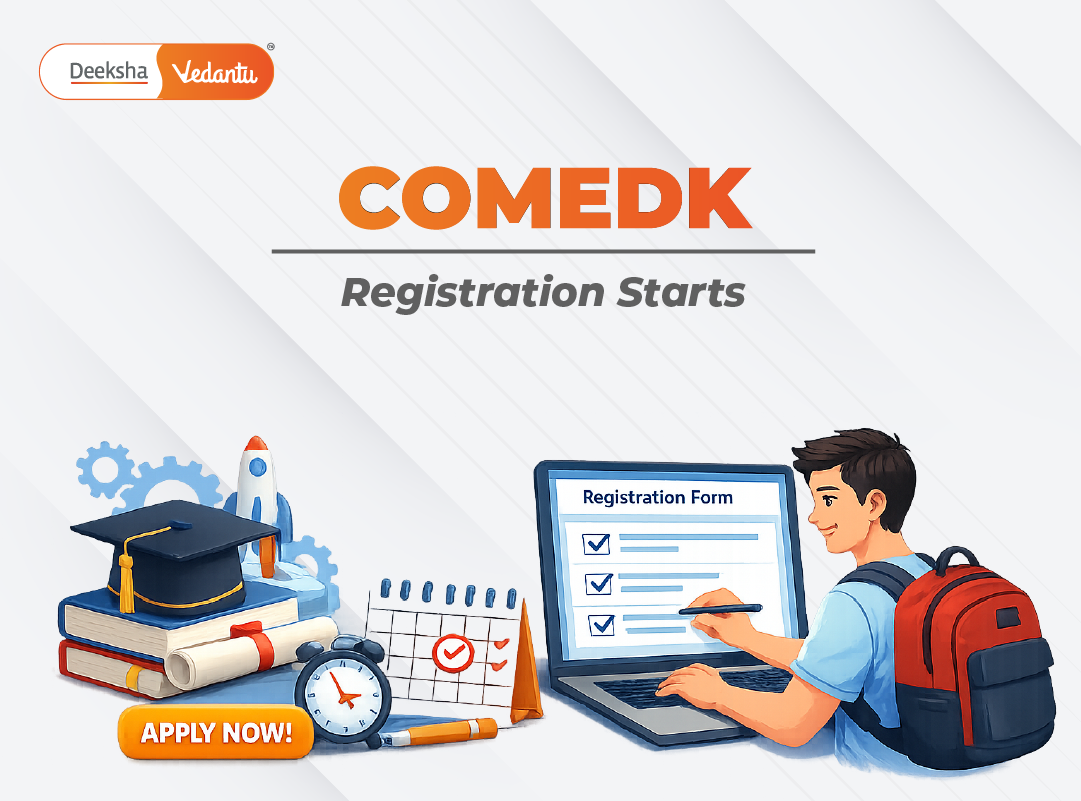
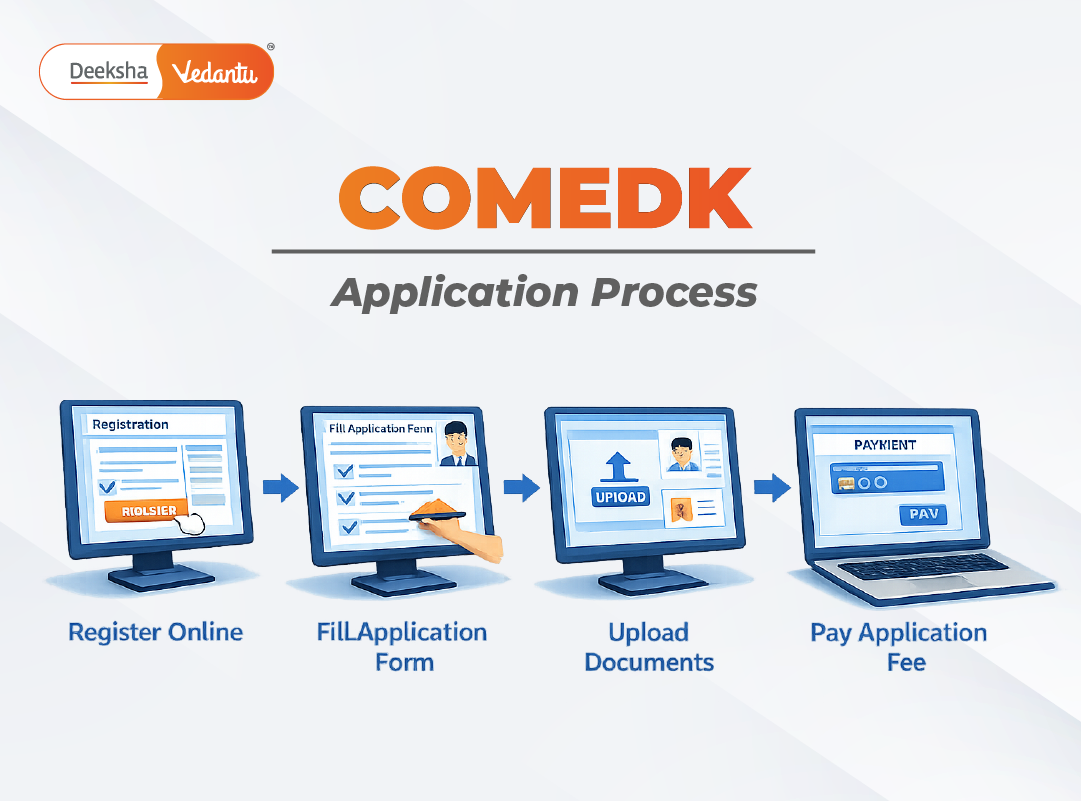
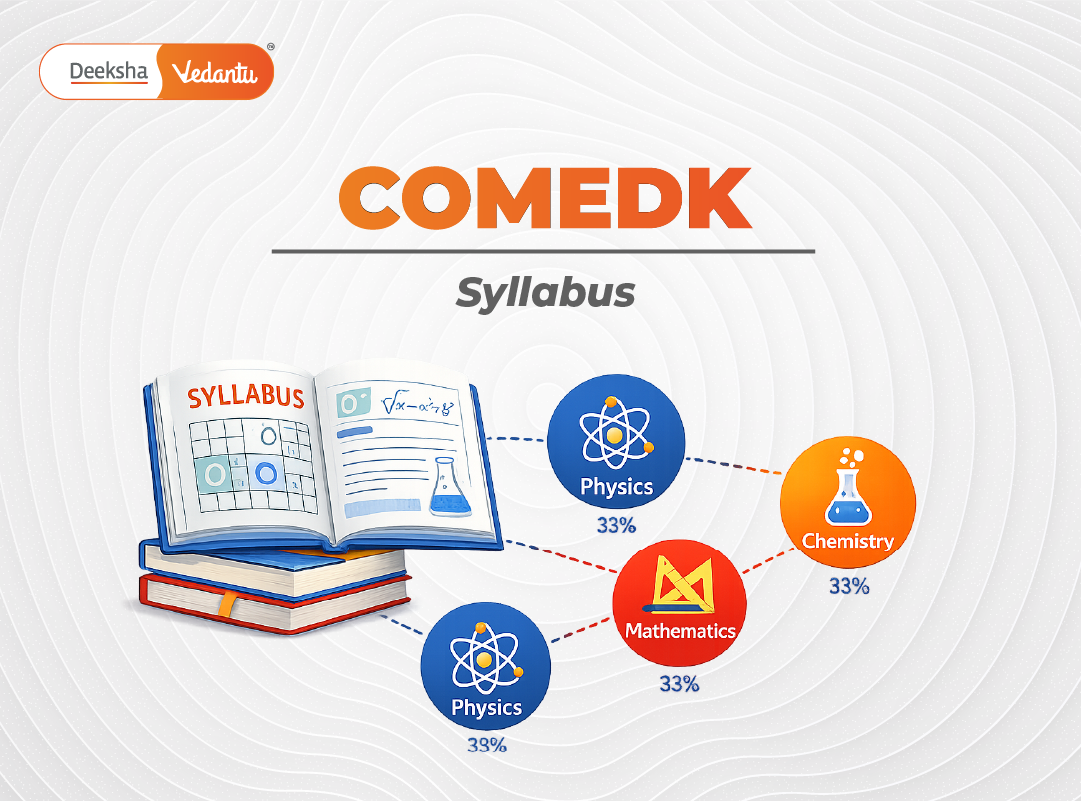
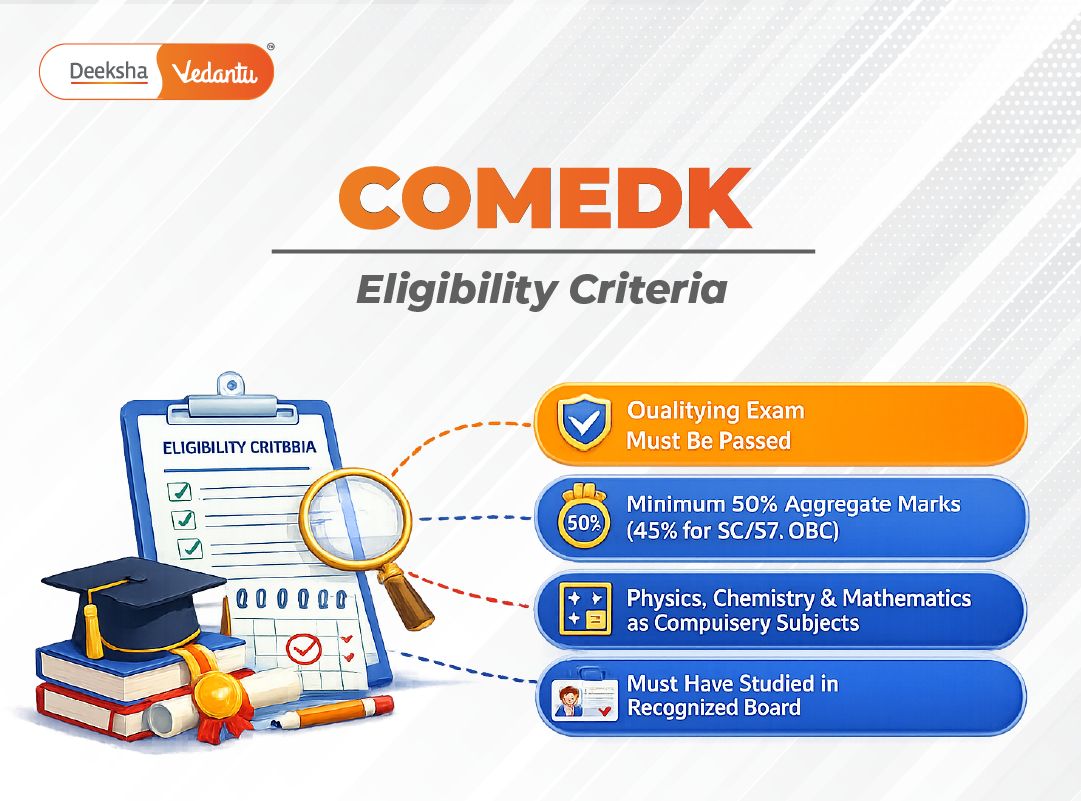
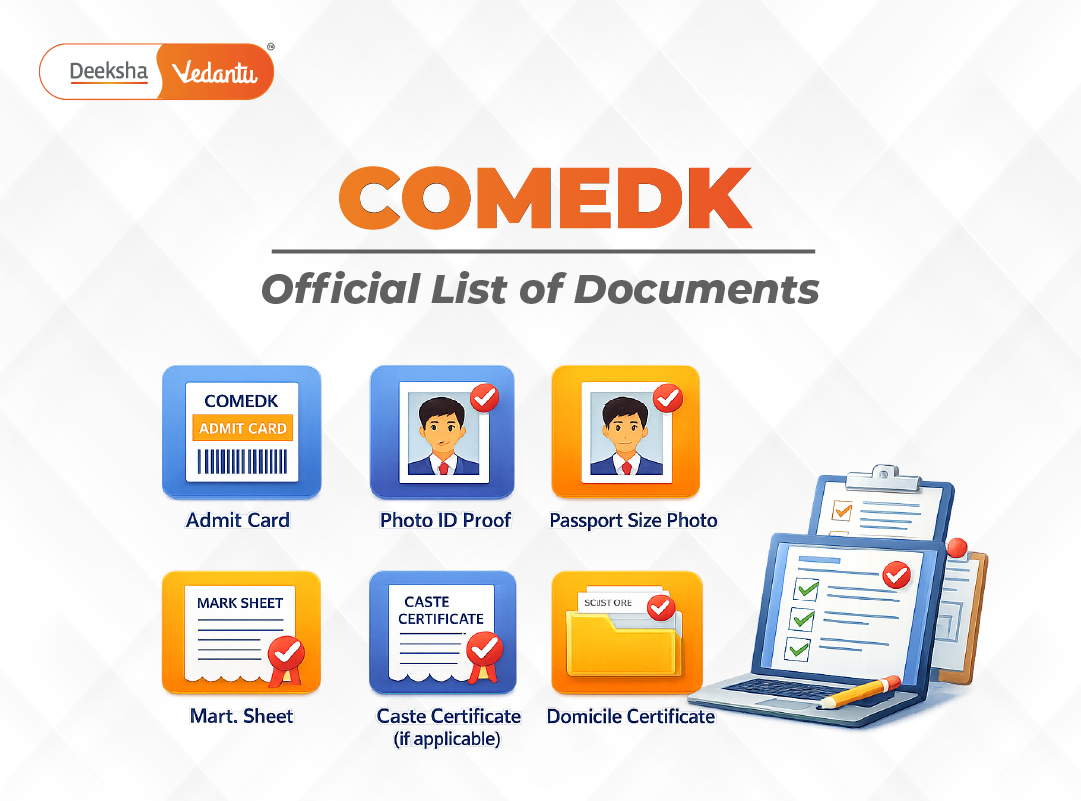
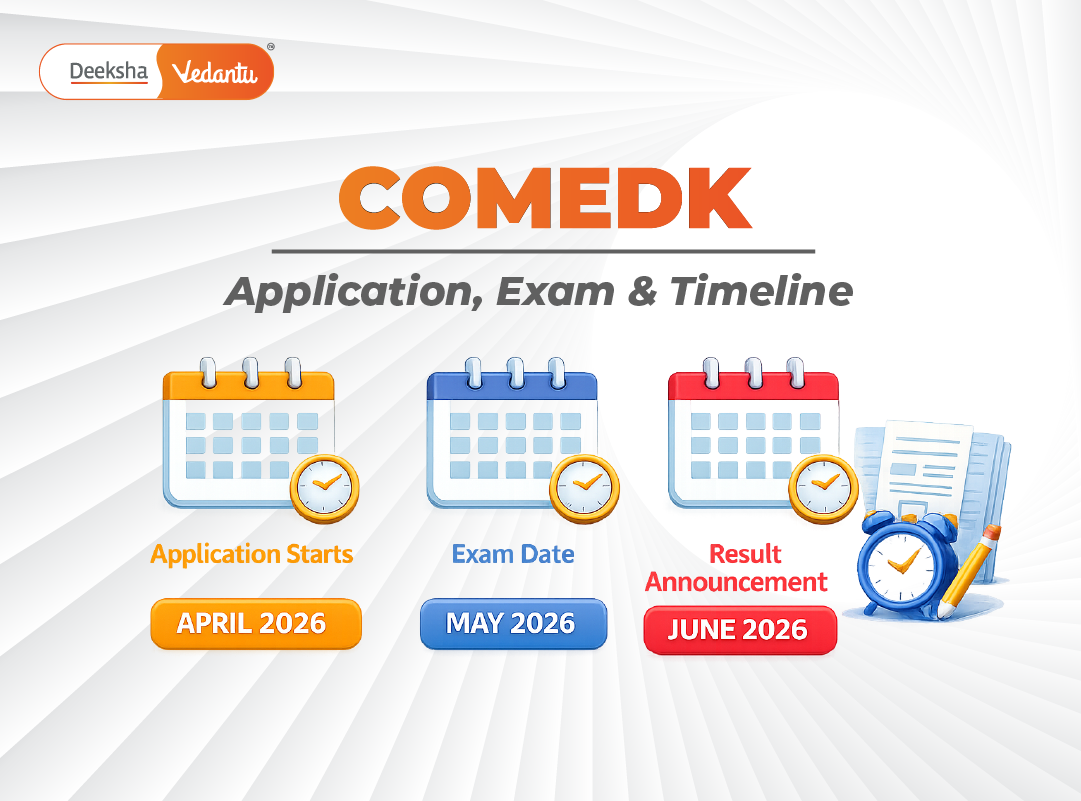
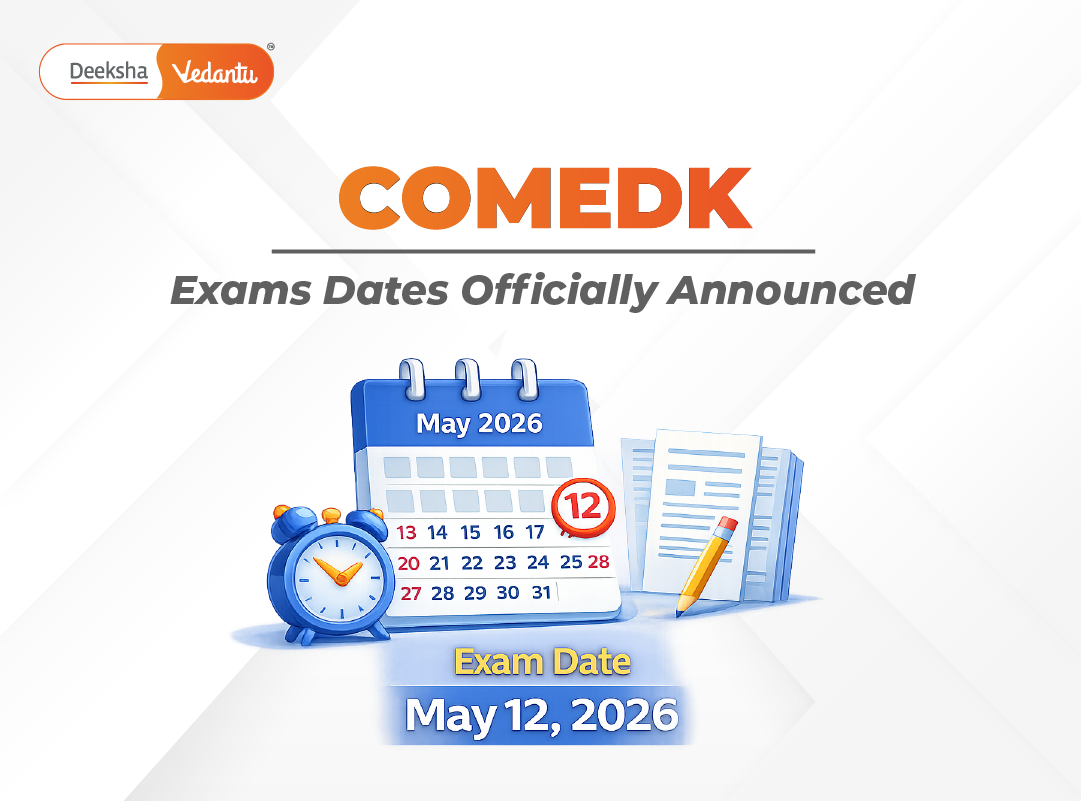
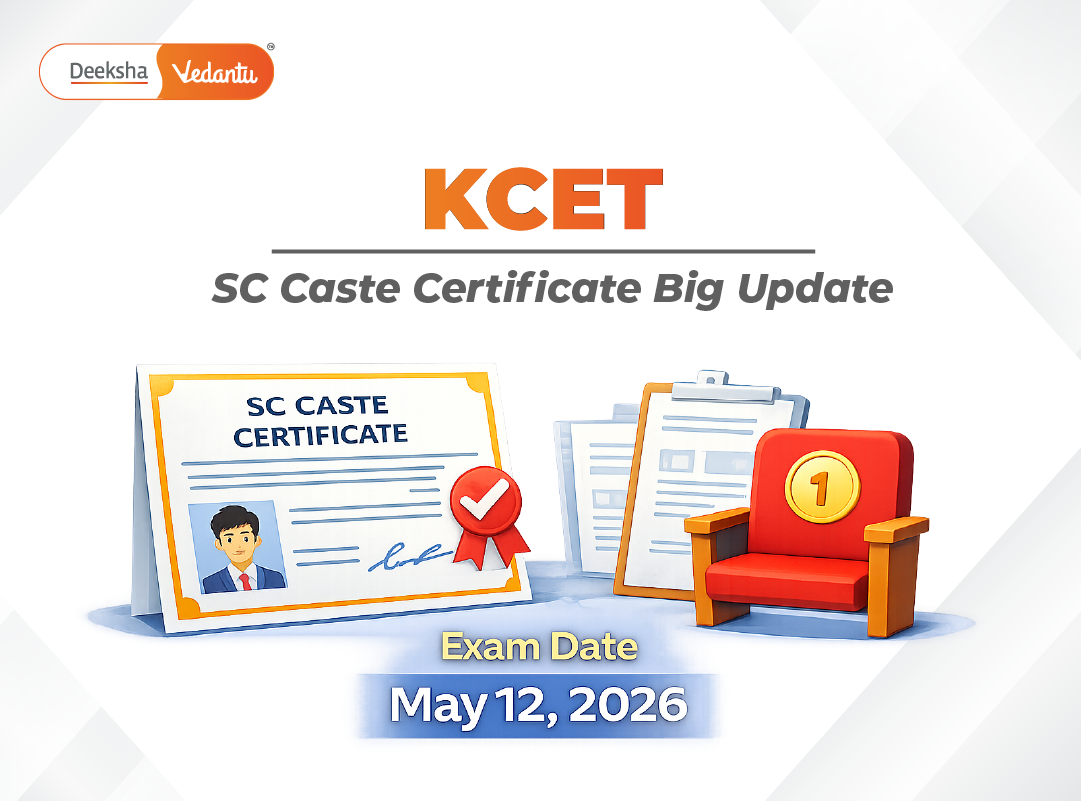


Get Social